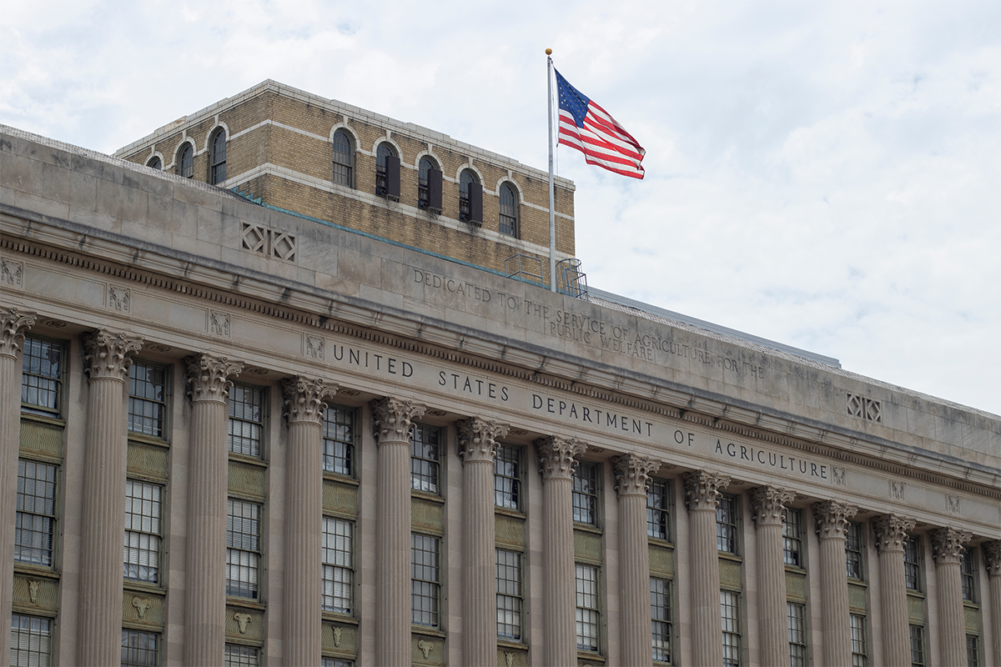WASHINGTON — Agriculture Secretary Tom Vilsack sent a letter to Brazil’s Agriculture Minister Carlos Fávaro on Aug. 7 to stress the importance of timely animal disease reporting, specifically for bovine spongiform encephalopathy (BSE).
Brazil and the United States are the two largest cattle-producing nations and consequently share the responsibility of protecting cattle health, Vilsack said.
While Brazil has reported confirmatory test results within 24 hours as stipulated by the World Organisation for Animal Health (WOAH) standards, the US Department of Agriculture finds a lag in time between initial detection, sampling and completed test results compared to other major beef exporters.
“I recognize that Brazil’s BSE detections to date have been atypical cases, and that they do not affect WOAH or USDA recognition of Brazil’s negligible BSE risk status,” Vilsack wrote in his letter. “However, should Brazil ever detect a classical BSE case or another reportable disease such as Foot and Mouth Disease, the long timeframe between sampling and reporting the detection to WOAH could limit our ability to implement control measures in time to mitigate the risk of potential BSE introduction via imported cattle and beef products.”
Specifically, Vilsack asked Fávaro to review internal testing processes, consider concurrent testing strategies for high-suspect samples and decrease the overall time between sampling and testing results.
The USDA offered to provide confirmatory testing for Brazil through US diagnostic laboratories. The agency also offered to assist in ongoing improvement efforts for testing and surveillance procedures.
The US Cattlemen’s Association (USCA) commented on Vilsack’s letter, agreeing with the agriculture secretary’s concerns, and voicing additional concerns for the beef industry.
“We acknowledge the attention that Secretary Vilsack is bringing to his counterpart in Brazil regarding the country’s ability to access the US market,” said Justin Tupper, president of USCA. “However, the letter addresses only one of the concerns that the US cattle and beef industry brought forward. USCA remains adamant that the US should immediately halt any further Brazilian beef imports until the country completely removes from its supply chain the practice of forced labor, ends the illegal deforestation of the Amazon rainforest for livestock production, and eliminates the threat of foot-and-mouth disease.”
Earlier this year, legislation was reintroduced to suspend Brazilian beef imports until the food safety and animal health risk could be verified by experts.


